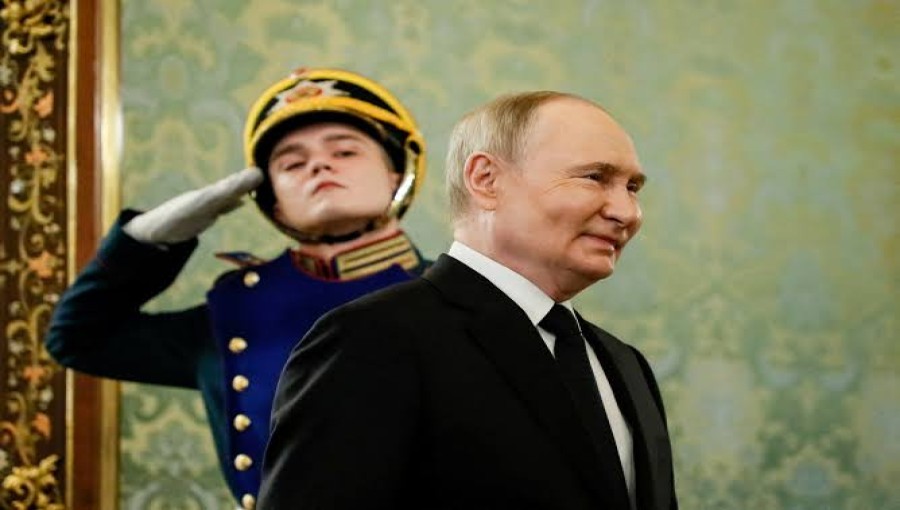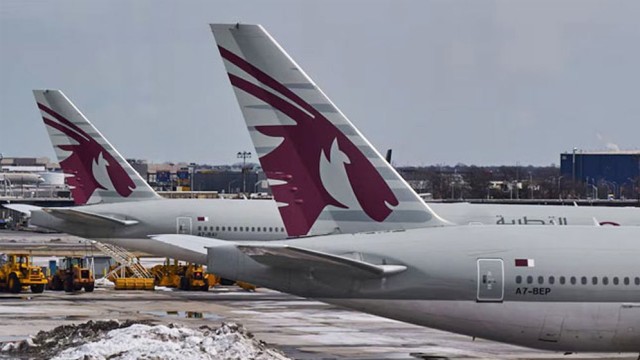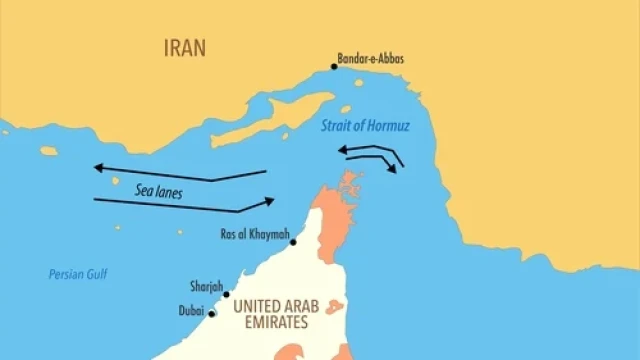Russian President Vladimir Putin, who has been waging war in Ukraine for more than two years, has indicated a willingness to negotiate a ceasefire, according to sources cited by Reuters.
Four sources close to the Kremlin revealed that Putin is considering accepting the current front line as part of a negotiated ceasefire. However, this proposal is contingent on agreement from Kyiv and Western nations. If the proposal is rejected, Putin is prepared to continue the conflict.
Putin's frustration stems from perceived obstacles to peace talks posed by Western nations and Ukrainian President Volodymyr Zelensky's reluctance to engage in negotiations. A senior Russian source, who previously worked with Putin, noted that while Putin is open to a ceasefire, he remains resolute in his readiness to prolong the war if necessary.
Kremlin spokesman Dmitry Peskov reiterated that Russia is willing to negotiate to achieve its strategic goals, emphasizing that Russia does not seek an 'internal war.' Despite capturing significant territories in recent weeks, the Kremlin's stance on negotiations remains firm, with Putin expressing disappointment over the lack of engagement from Western leaders and Ukraine.
In a recent move, Putin replaced long-serving Defense Minister Sergei Shoigu with economist Andrei Belousov, following his re-election in March. This reshuffle is seen by some Western analysts as a strategic adjustment to sustain Russia's economy amid a protracted conflict. However, analysts refrained from commenting directly on Belousov's appointment.
The conflict, described as Europe's largest since World War II, has resulted in hundreds of thousands of casualties. Sources familiar with Kremlin discussions indicated that Putin believes maintaining the current territorial gains could be presented as a victory to the Russian people. However, the ongoing war has also eroded Putin's popularity, prompting him to seek a potential cessation of hostilities.
As the situation develops, the international community awaits further details on potential peace negotiations and the broader implications for the region.































Comment: